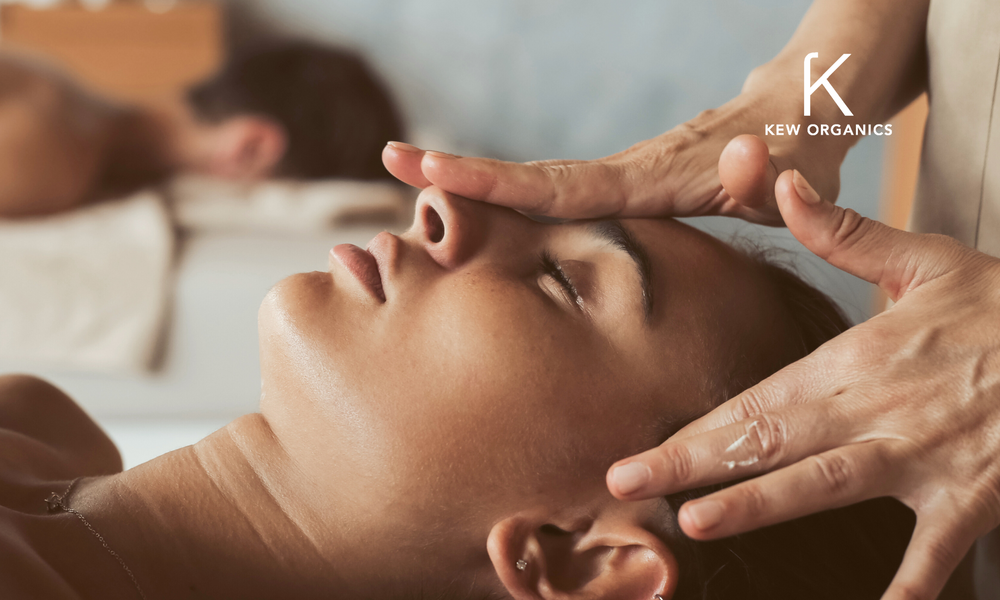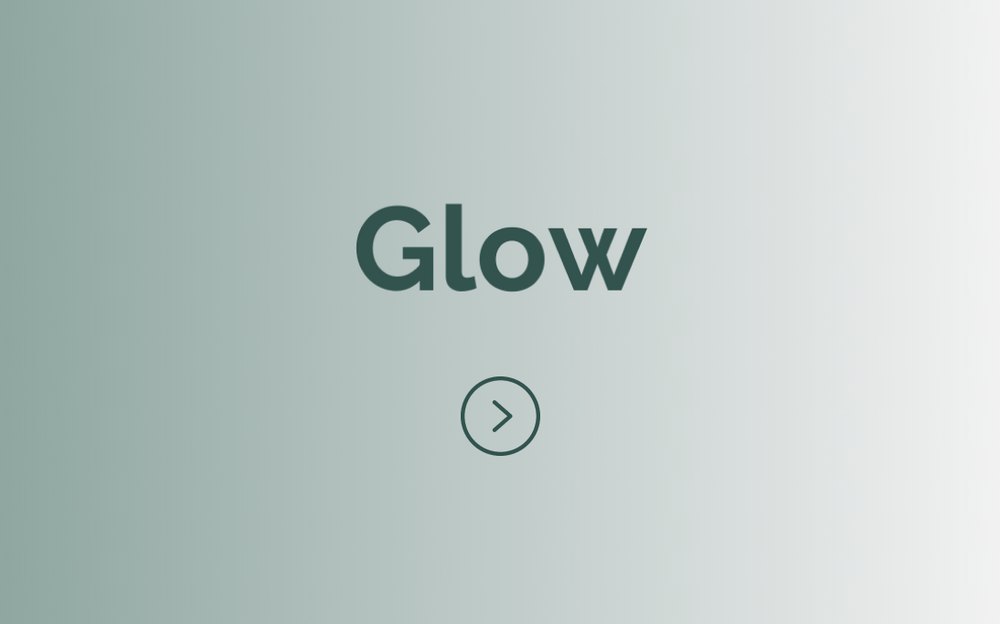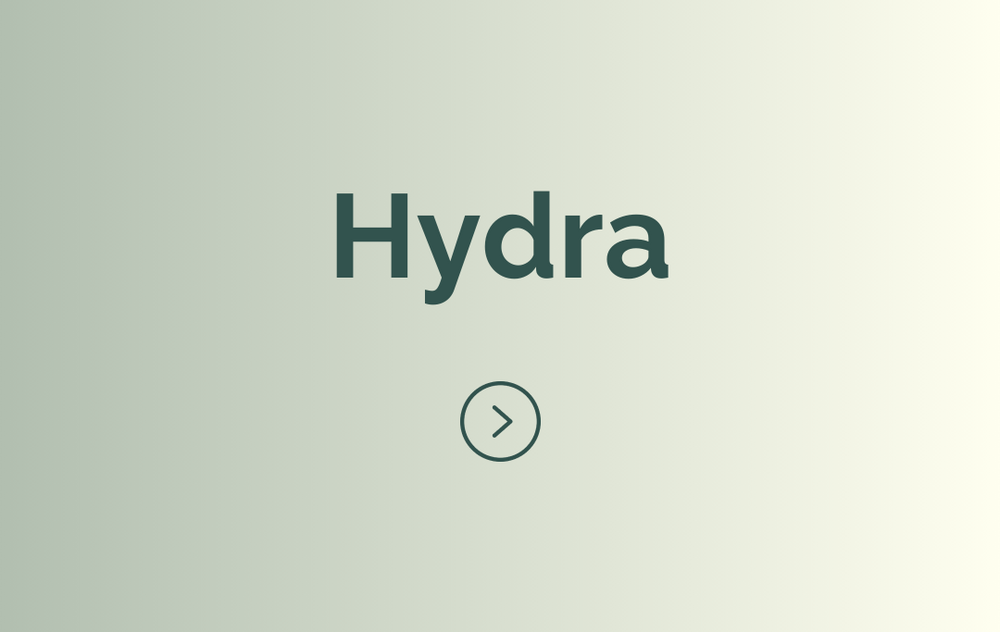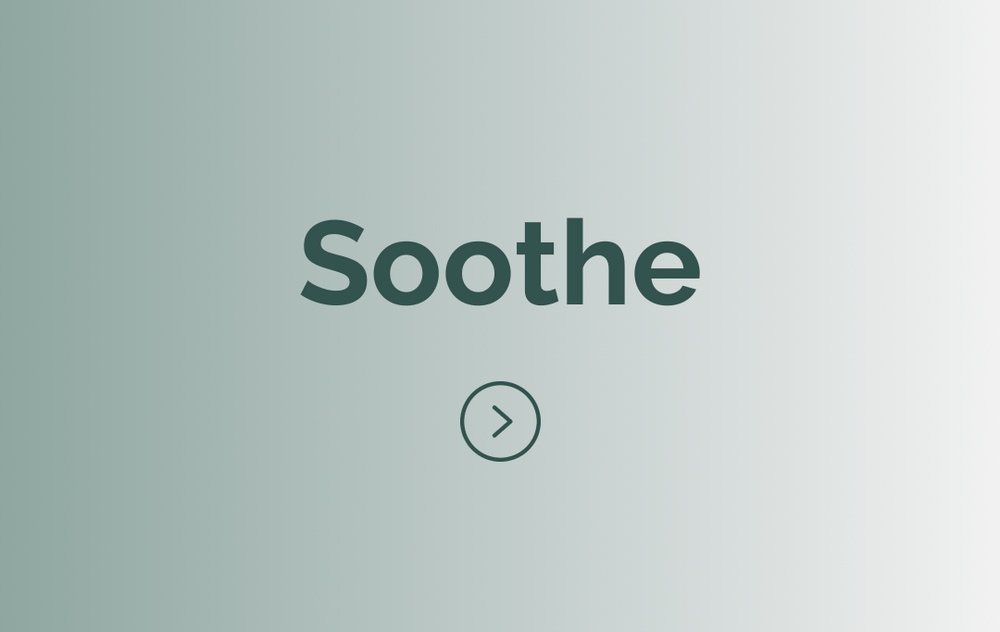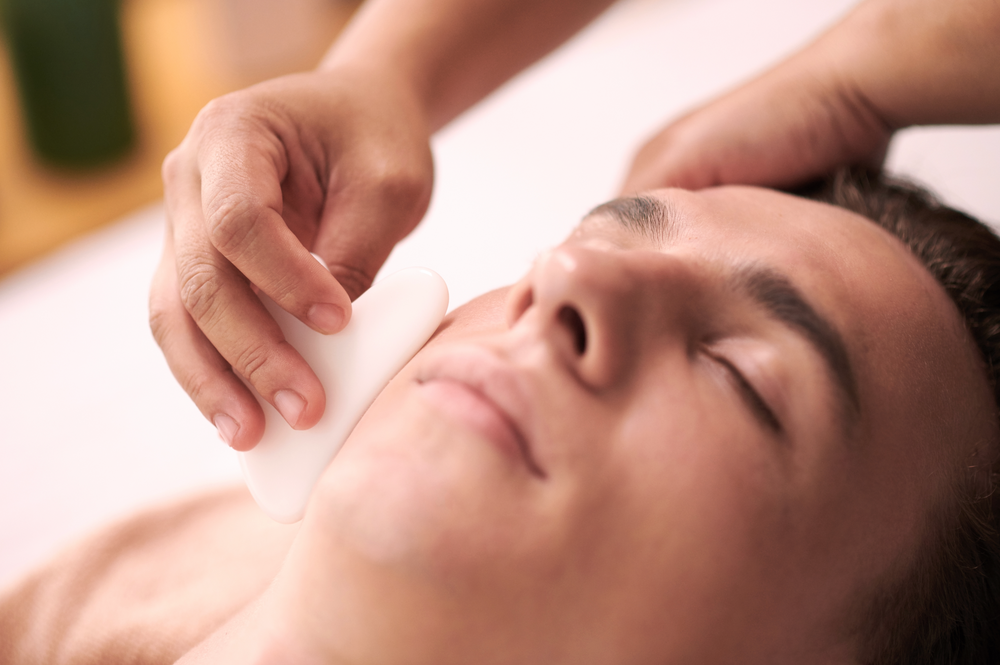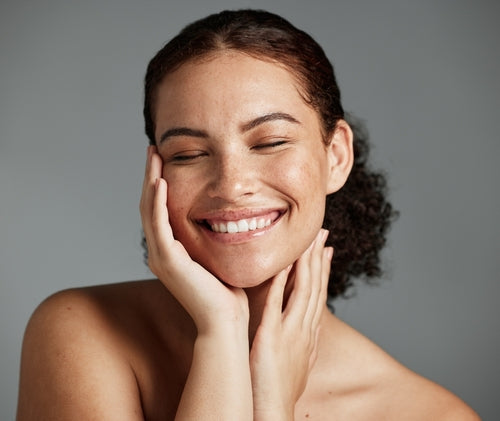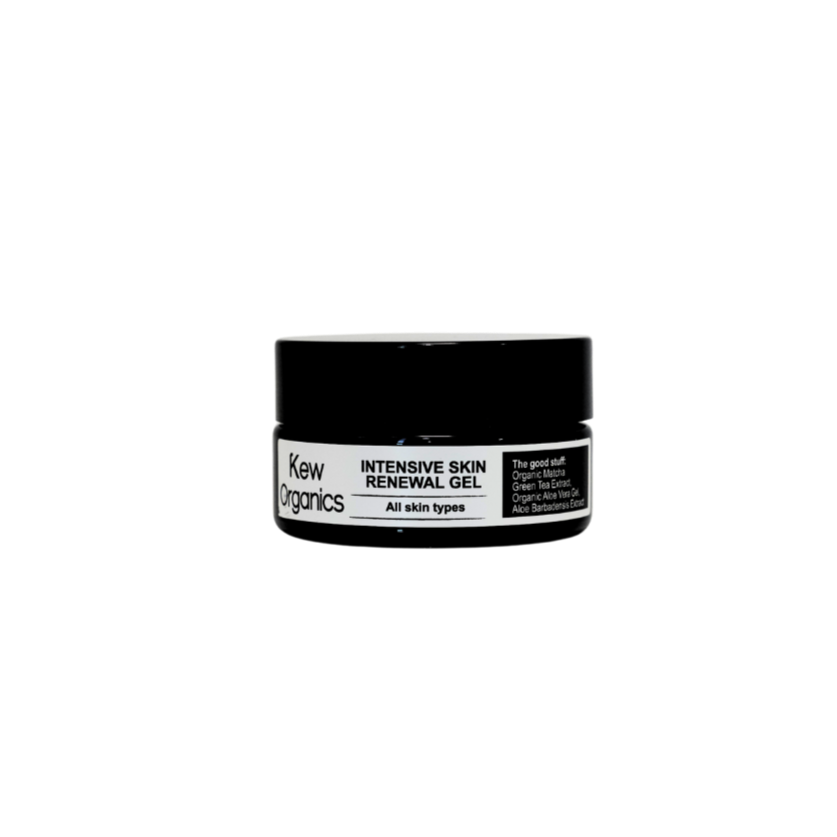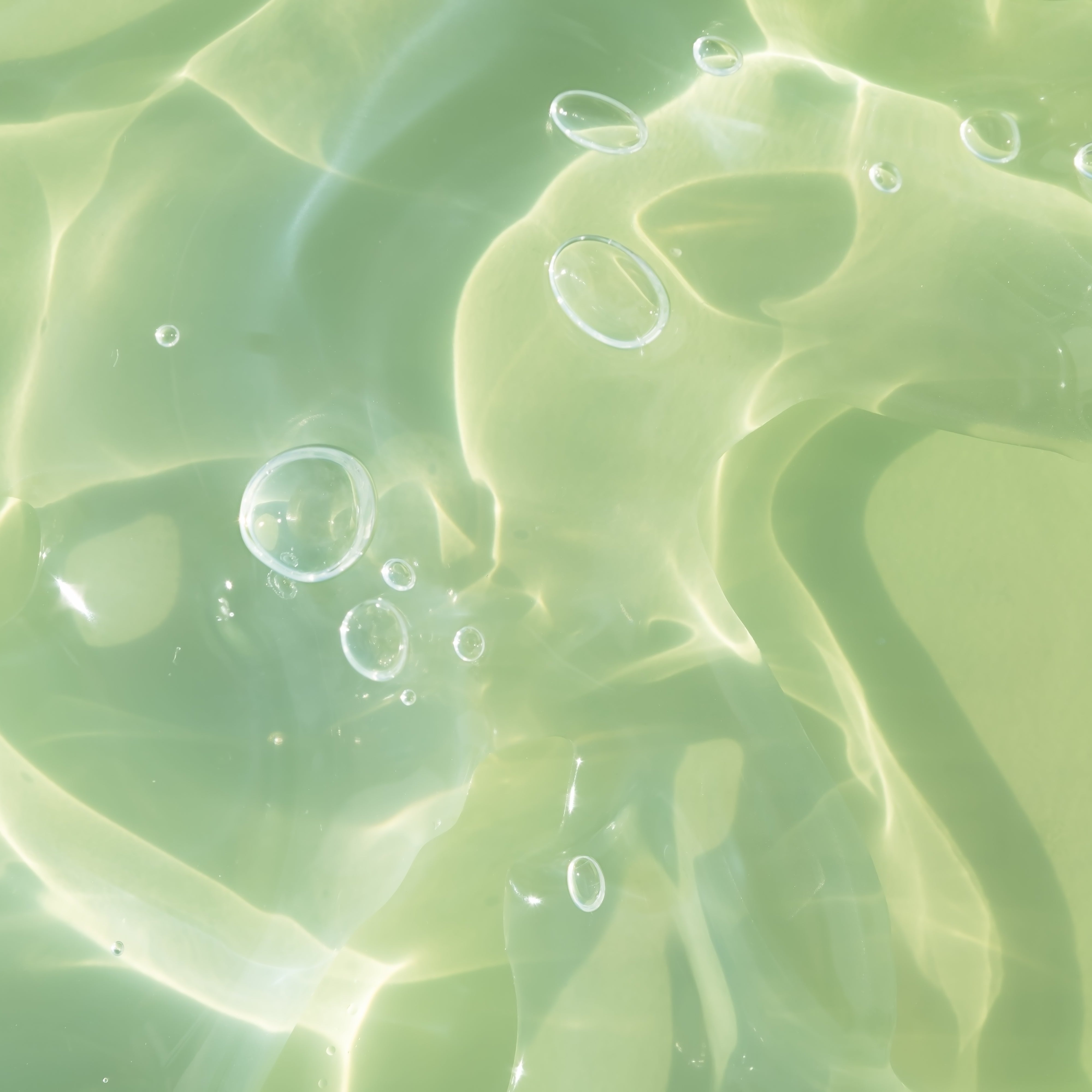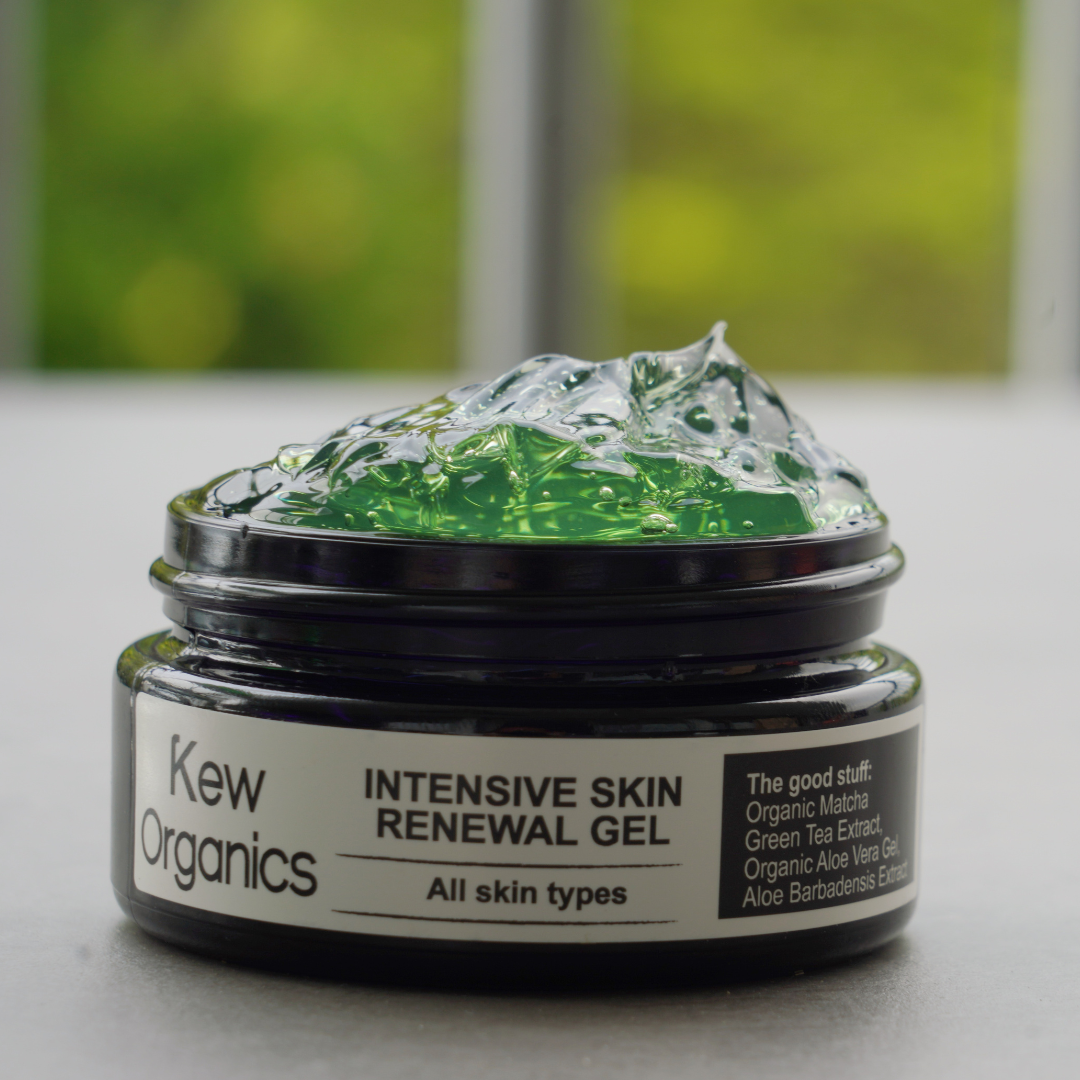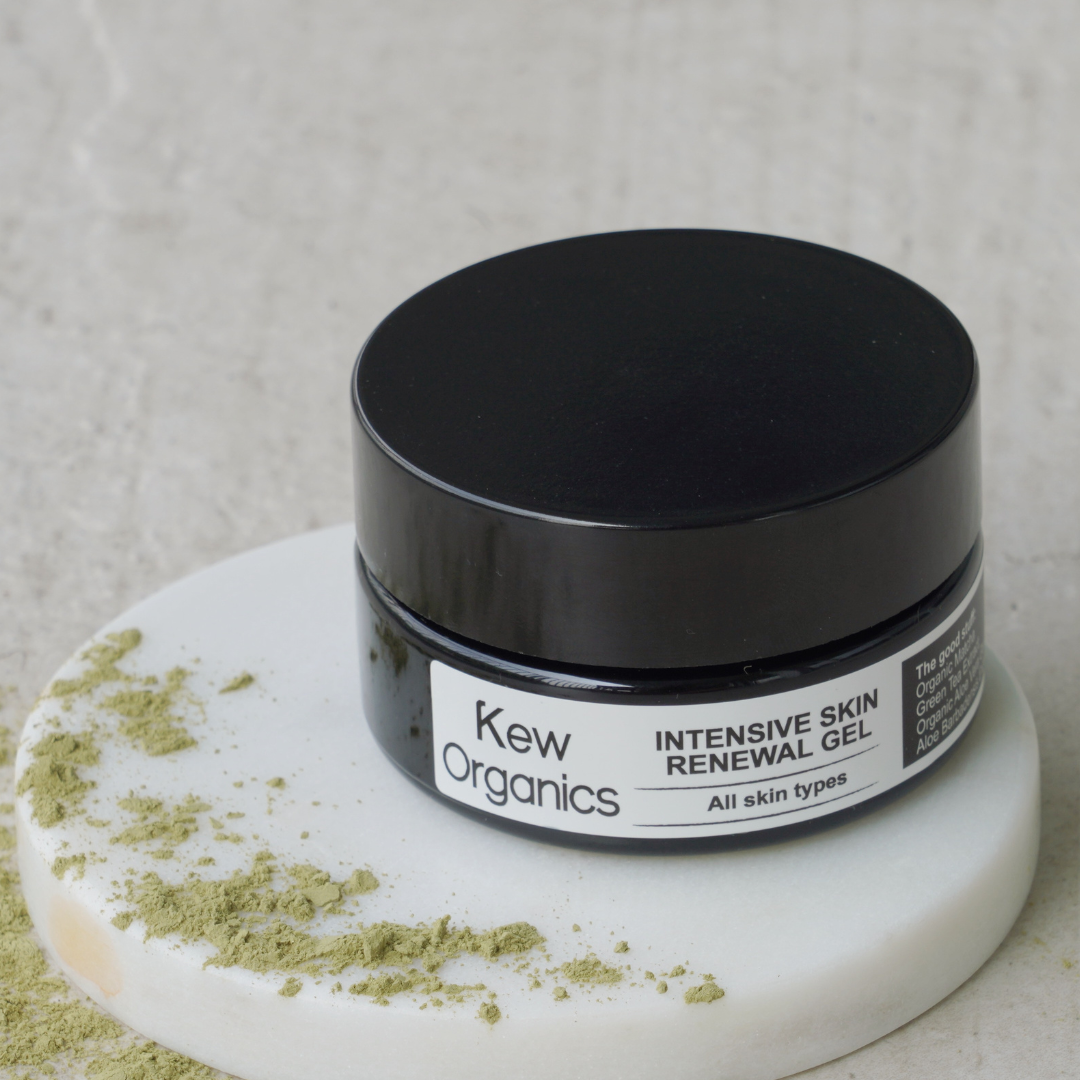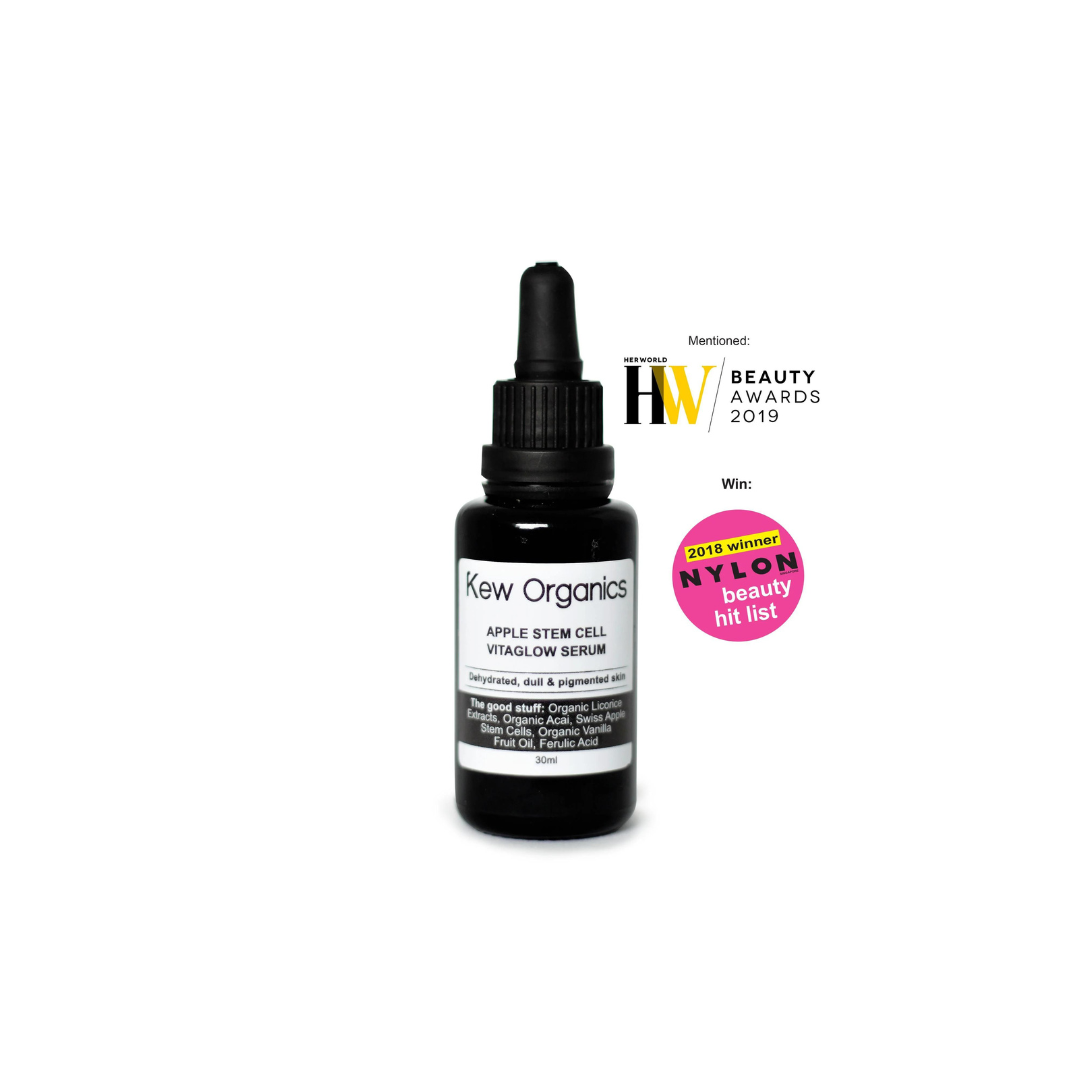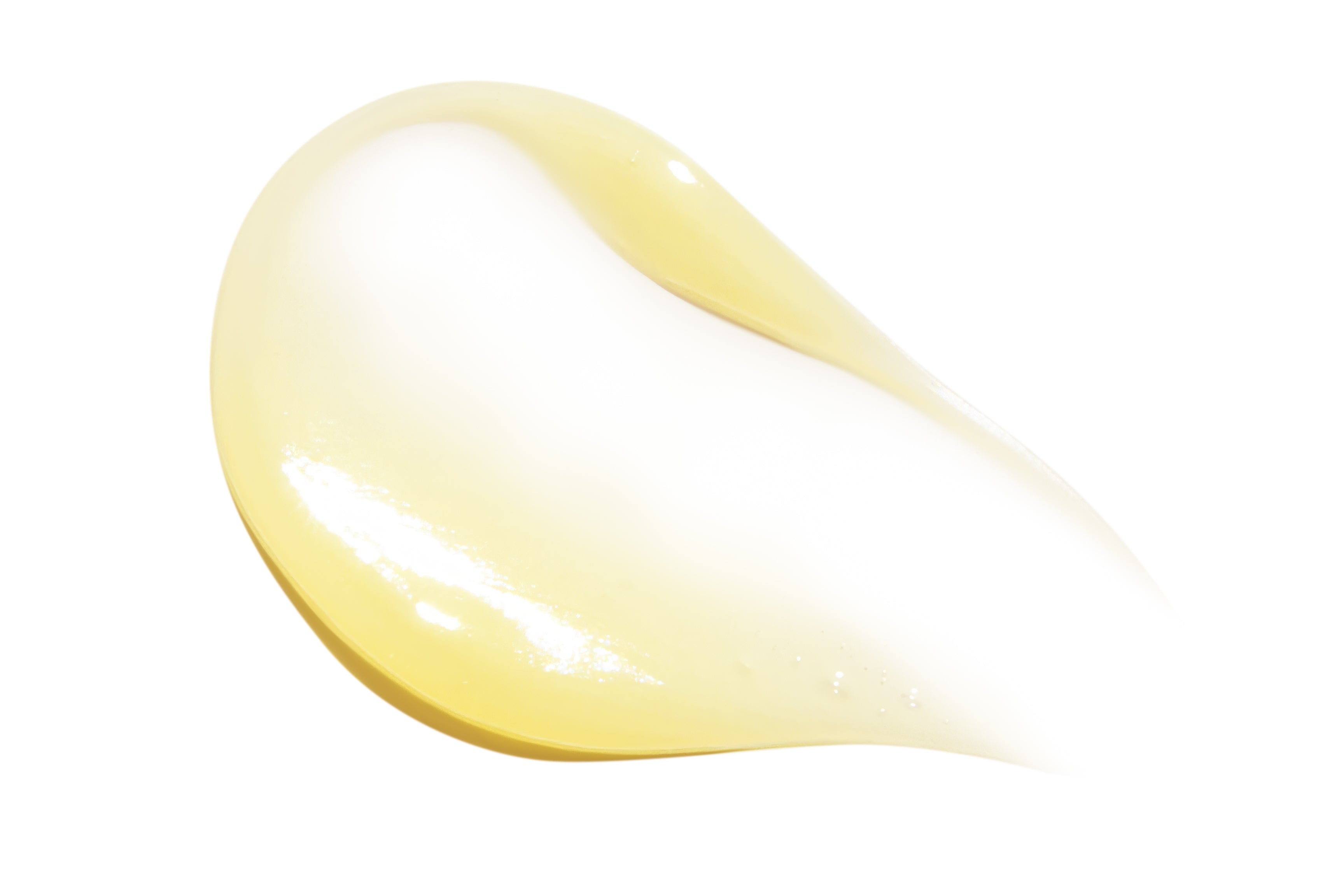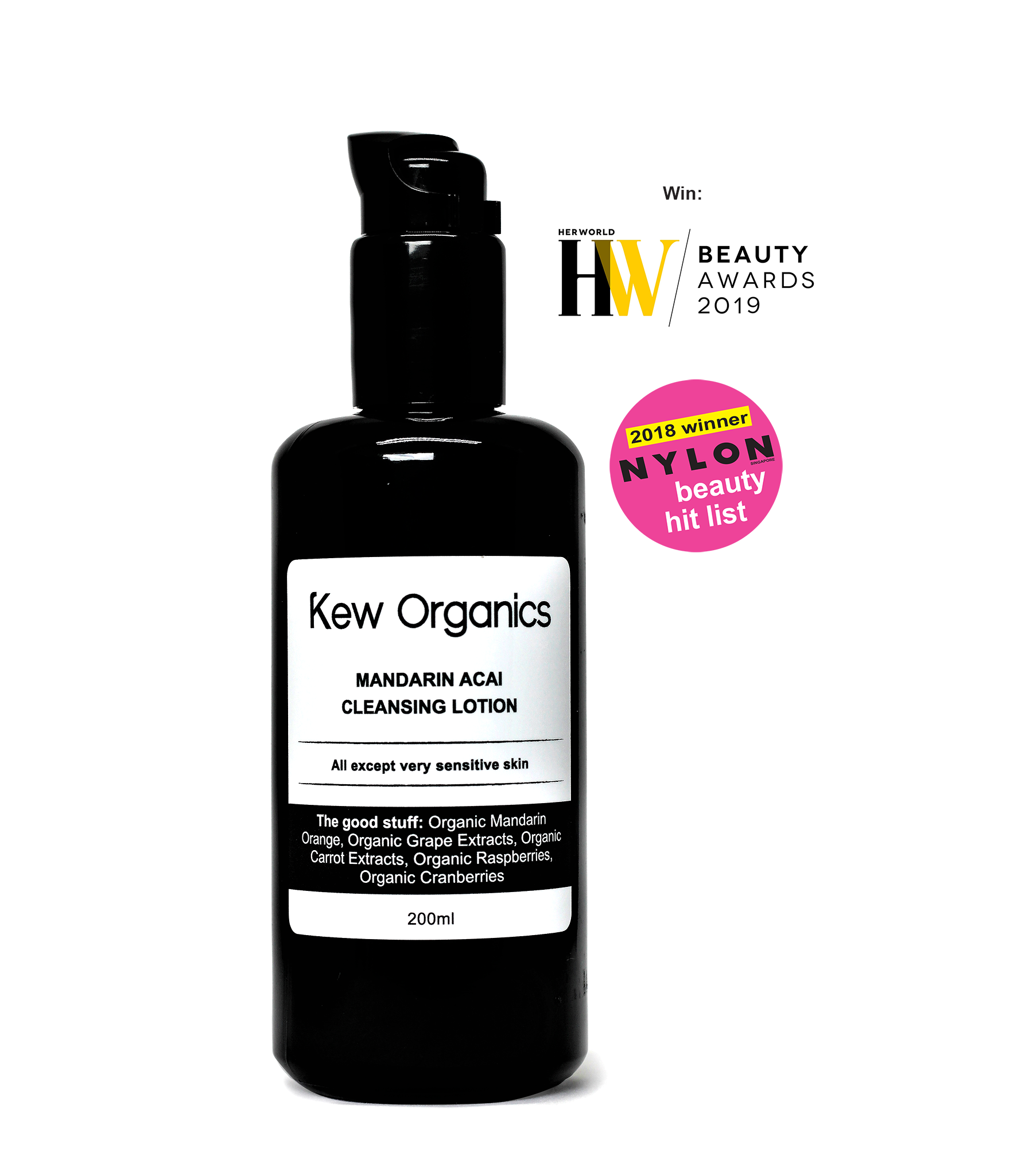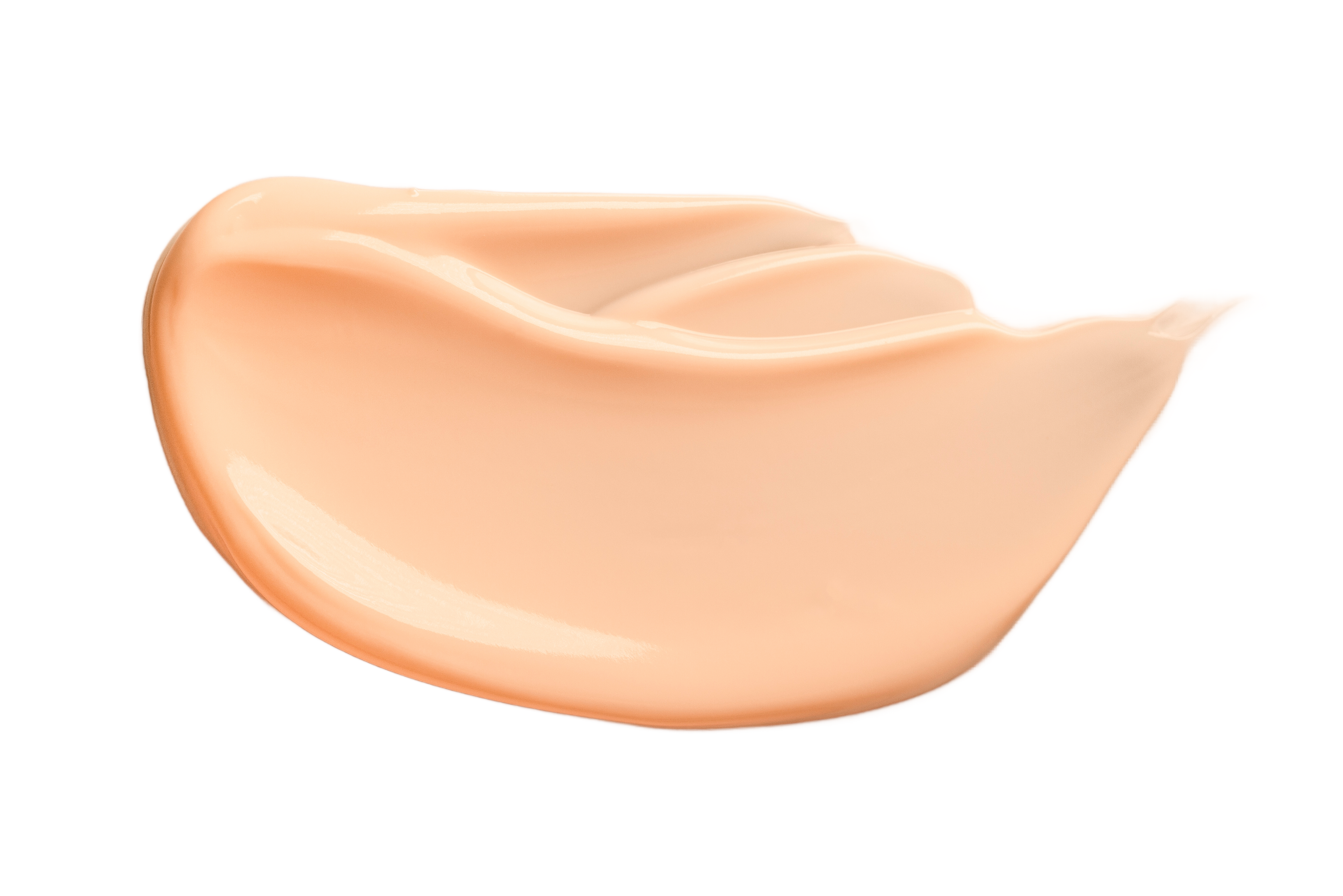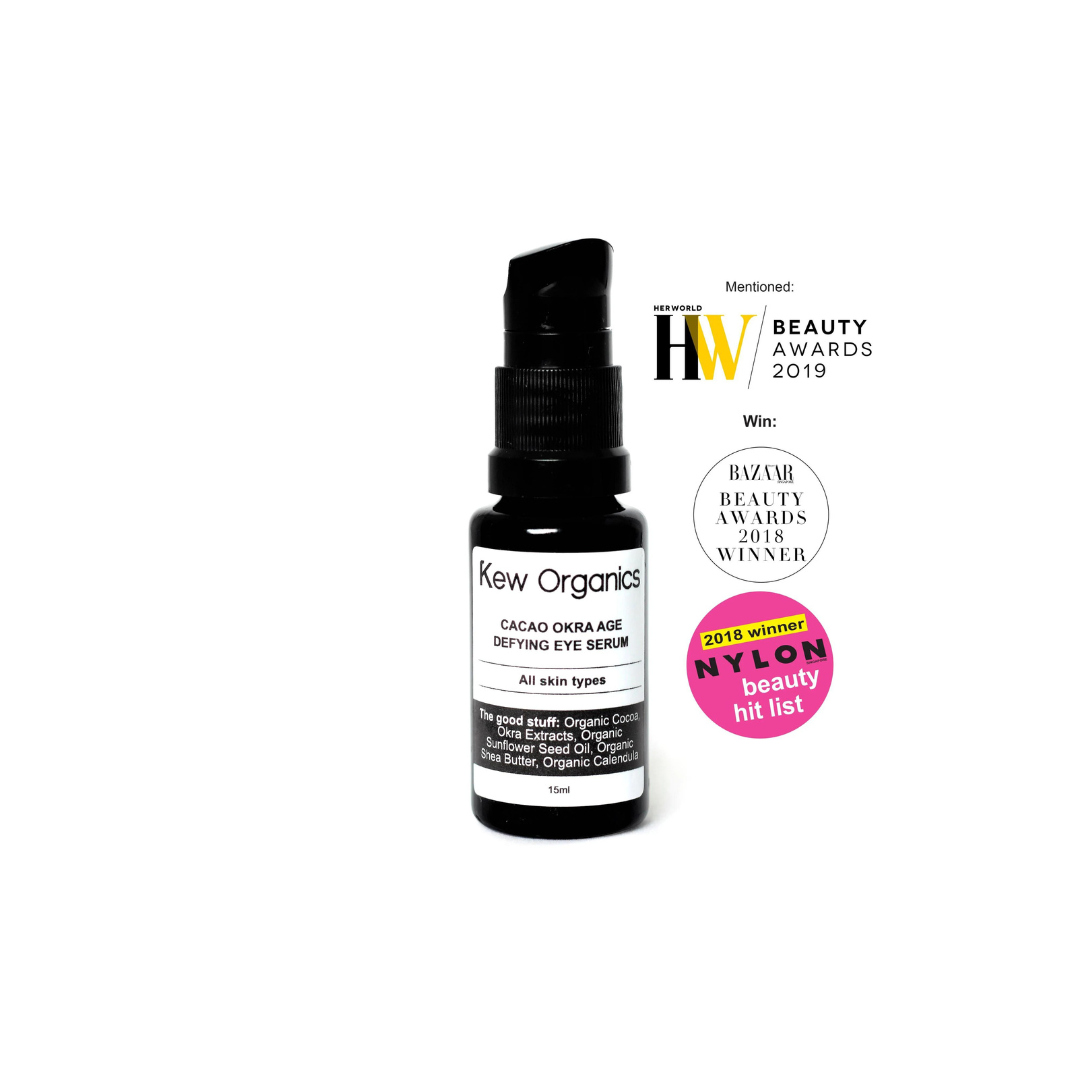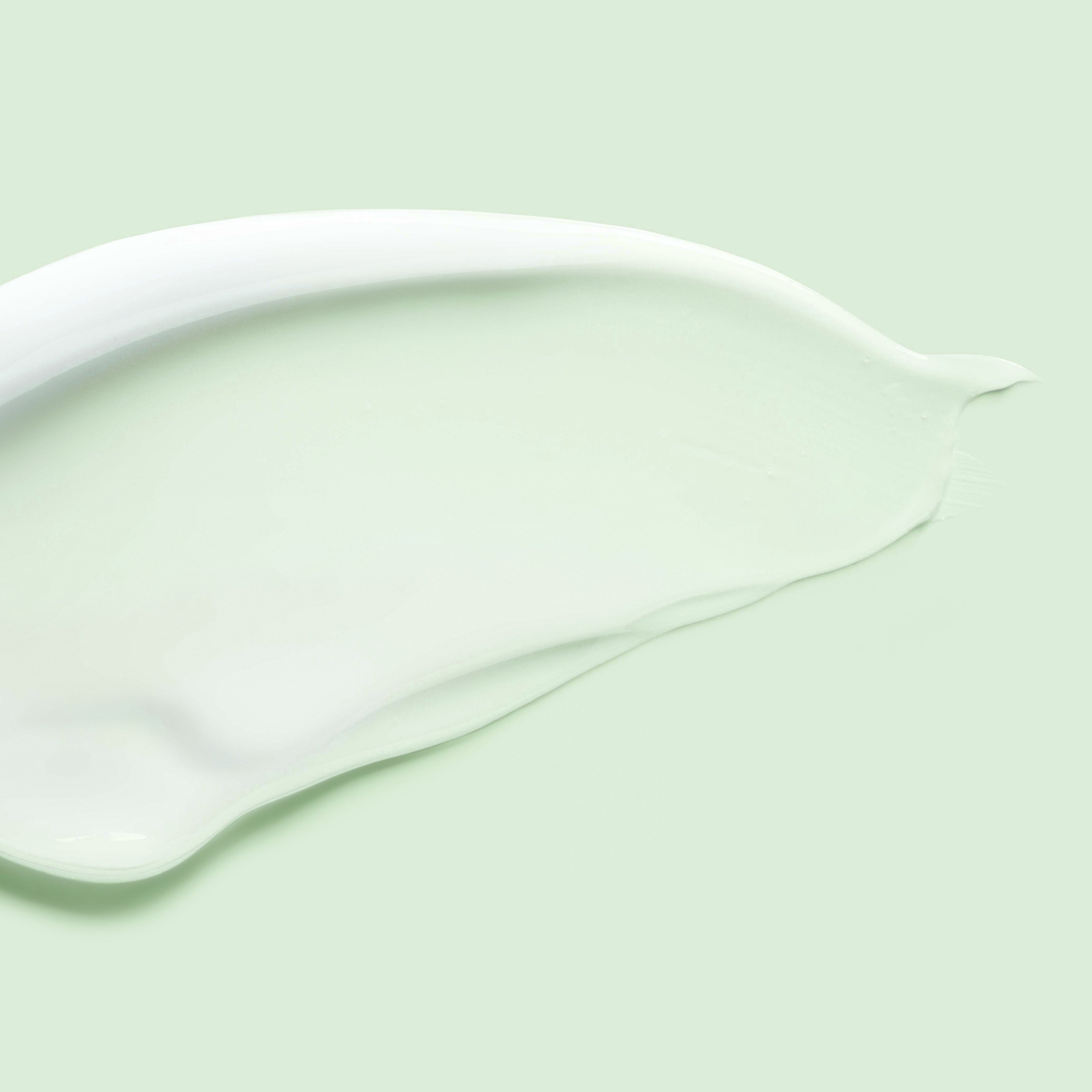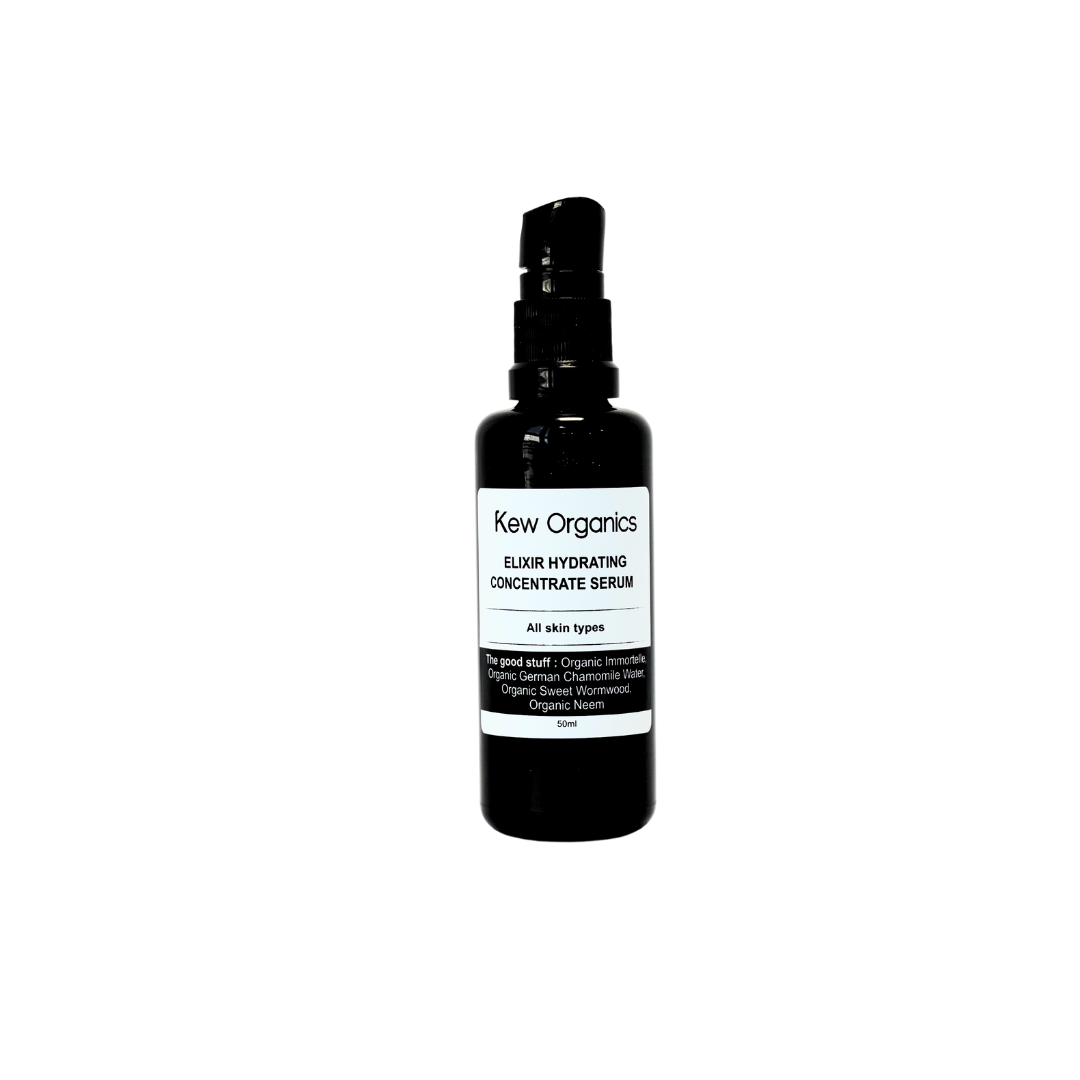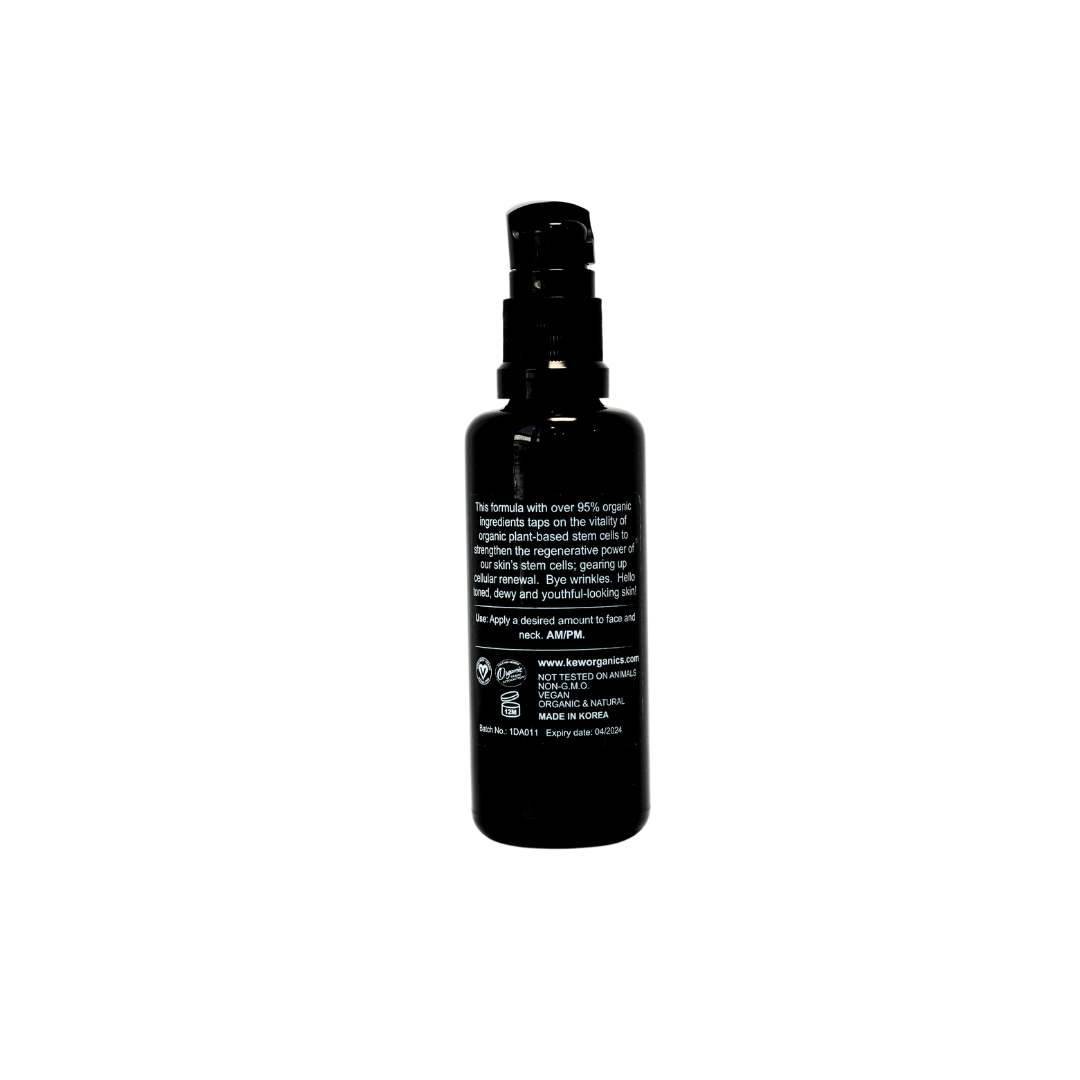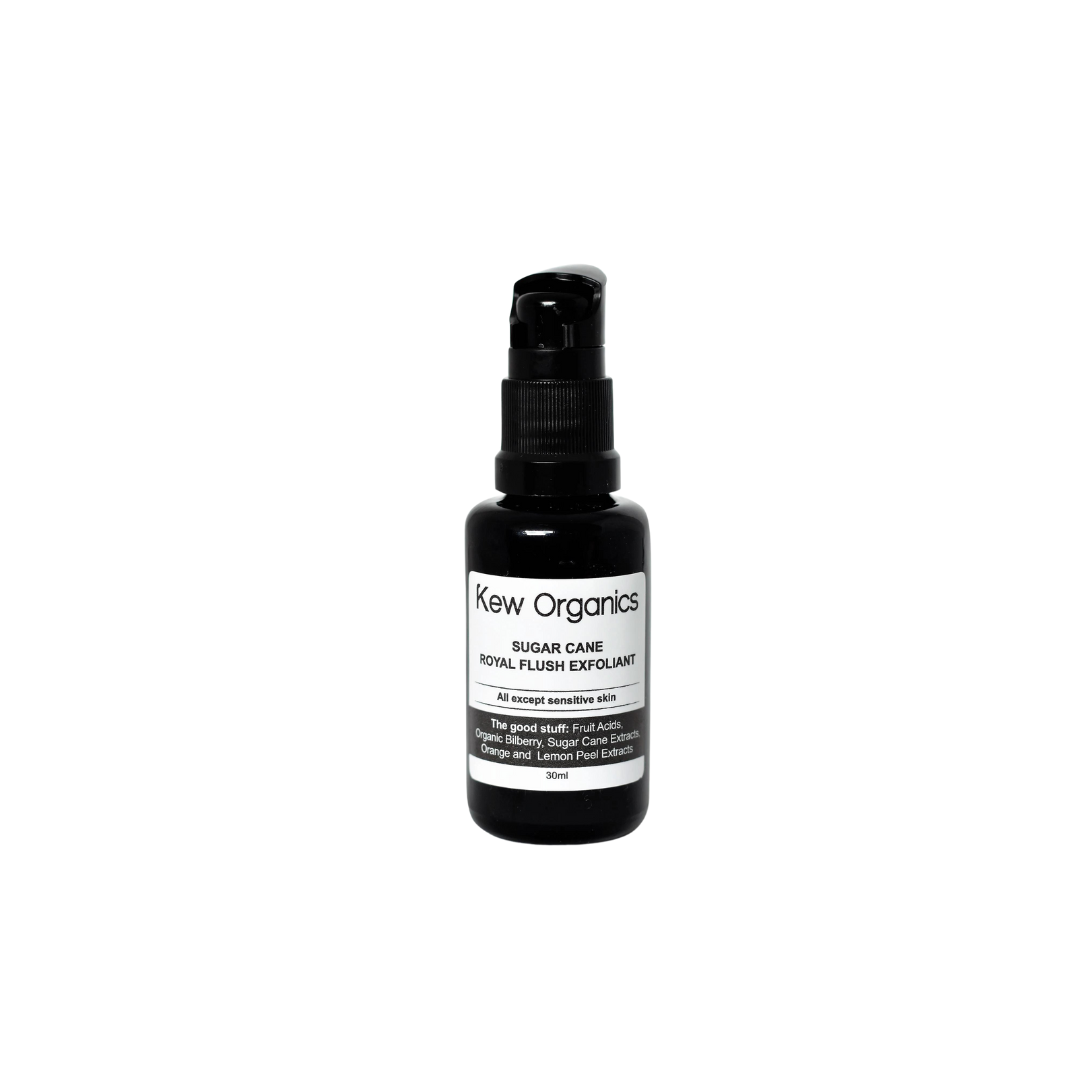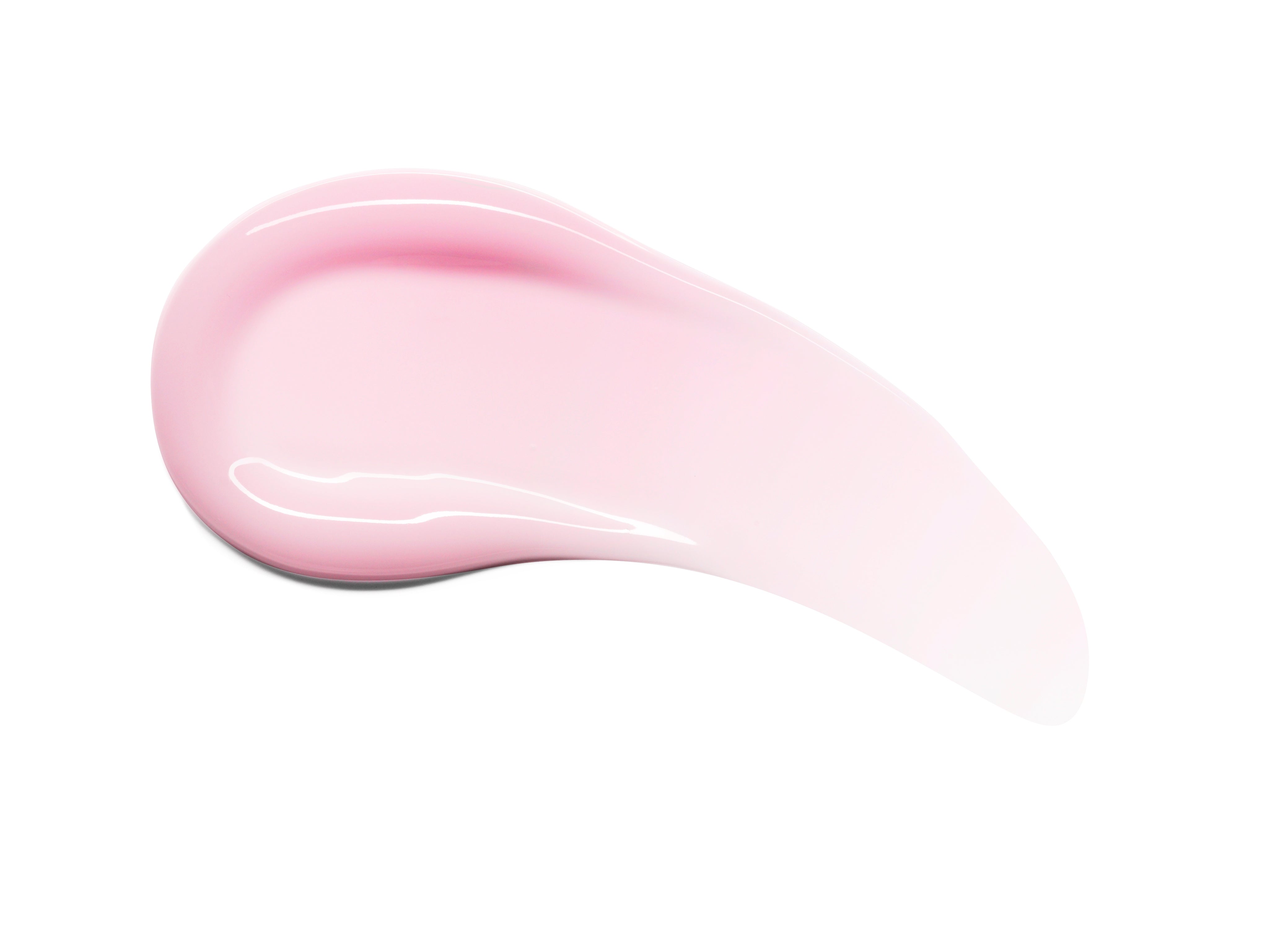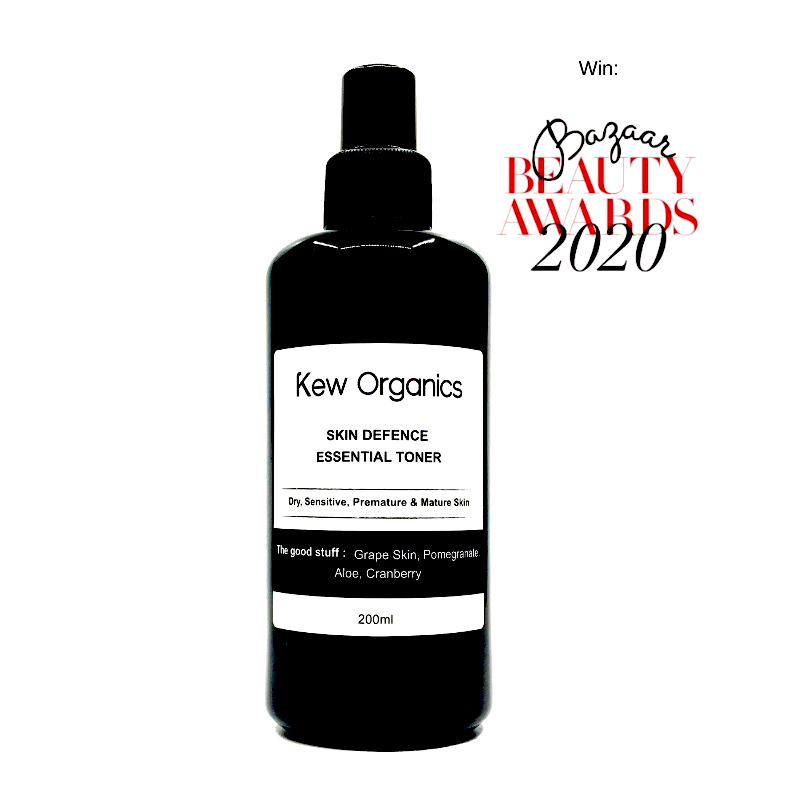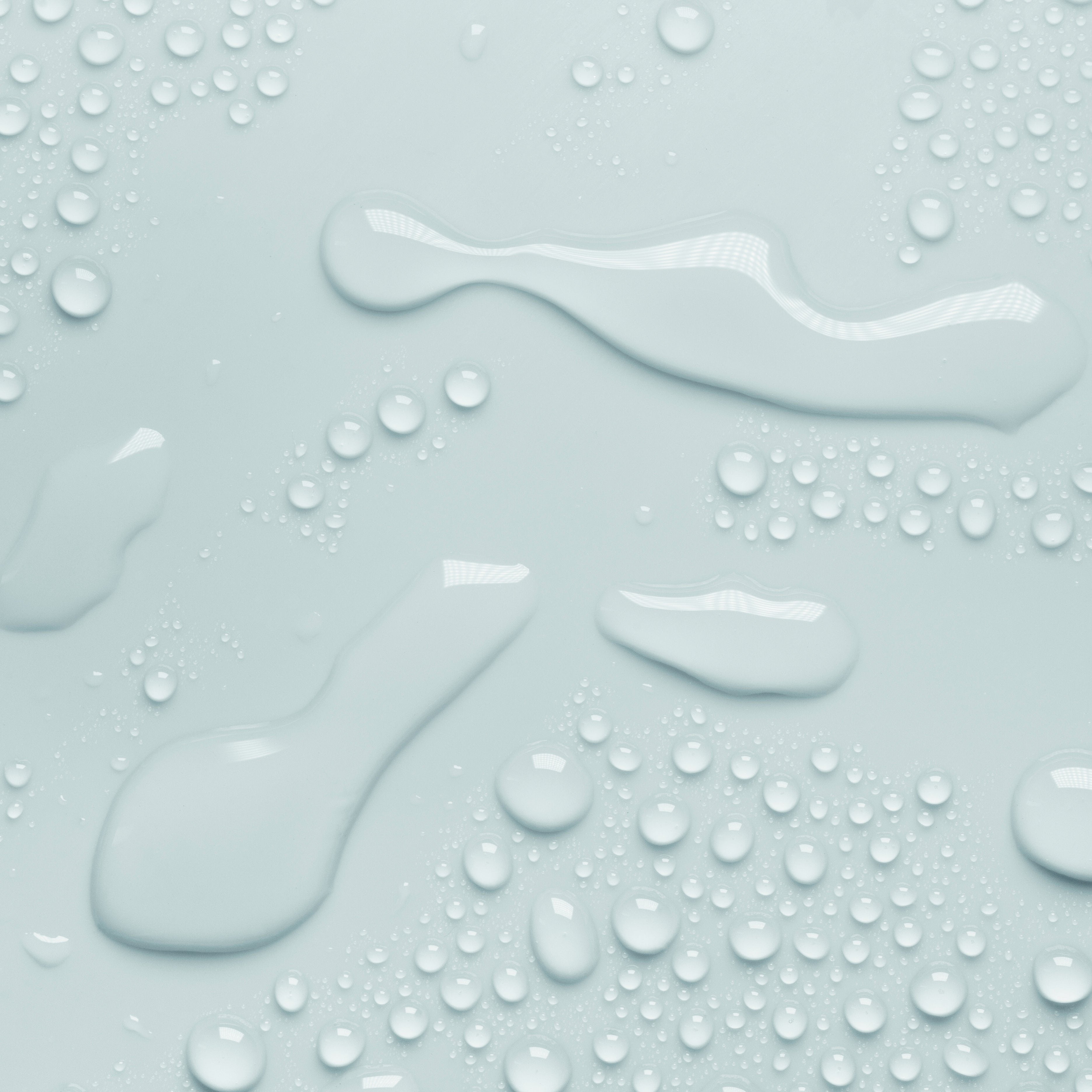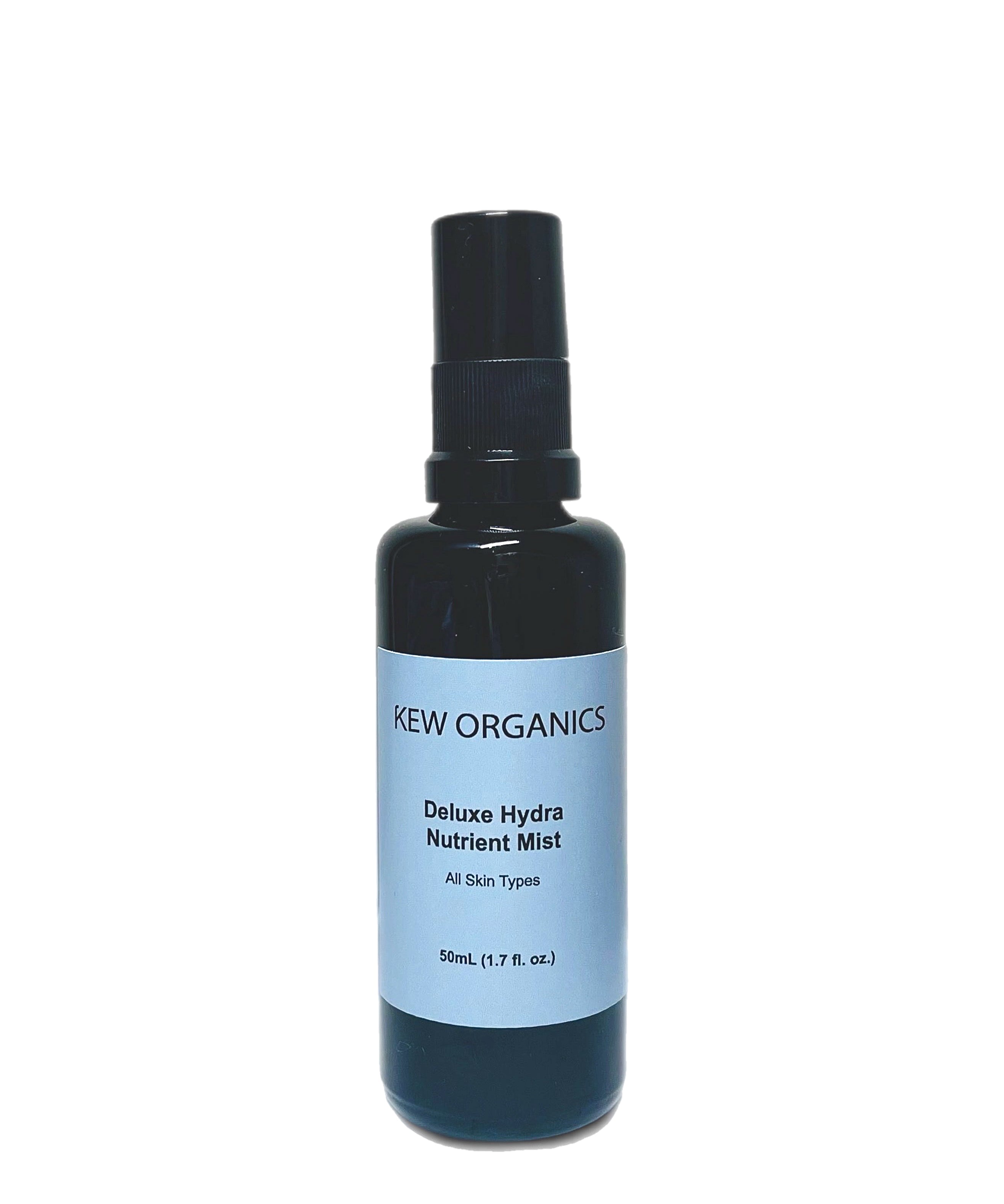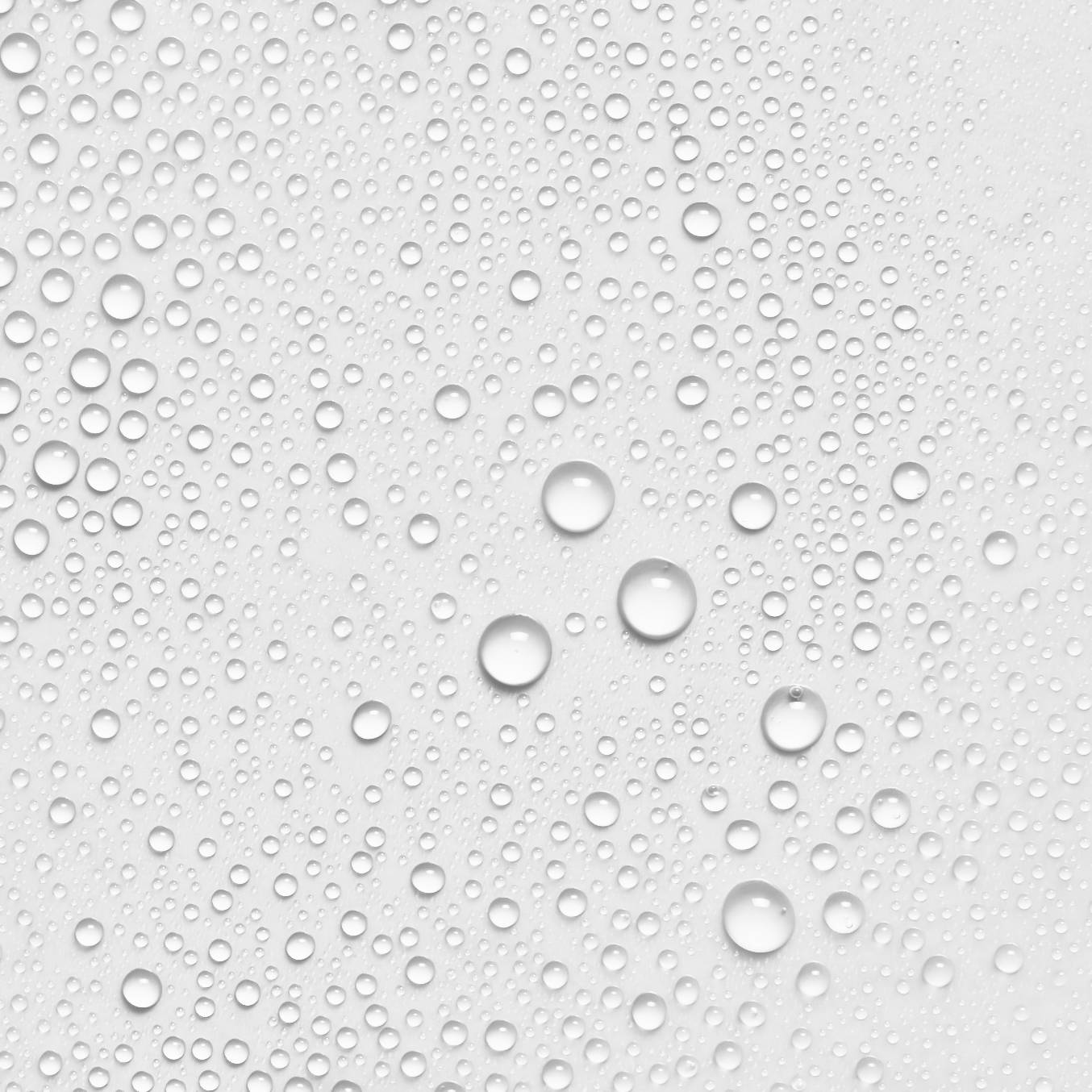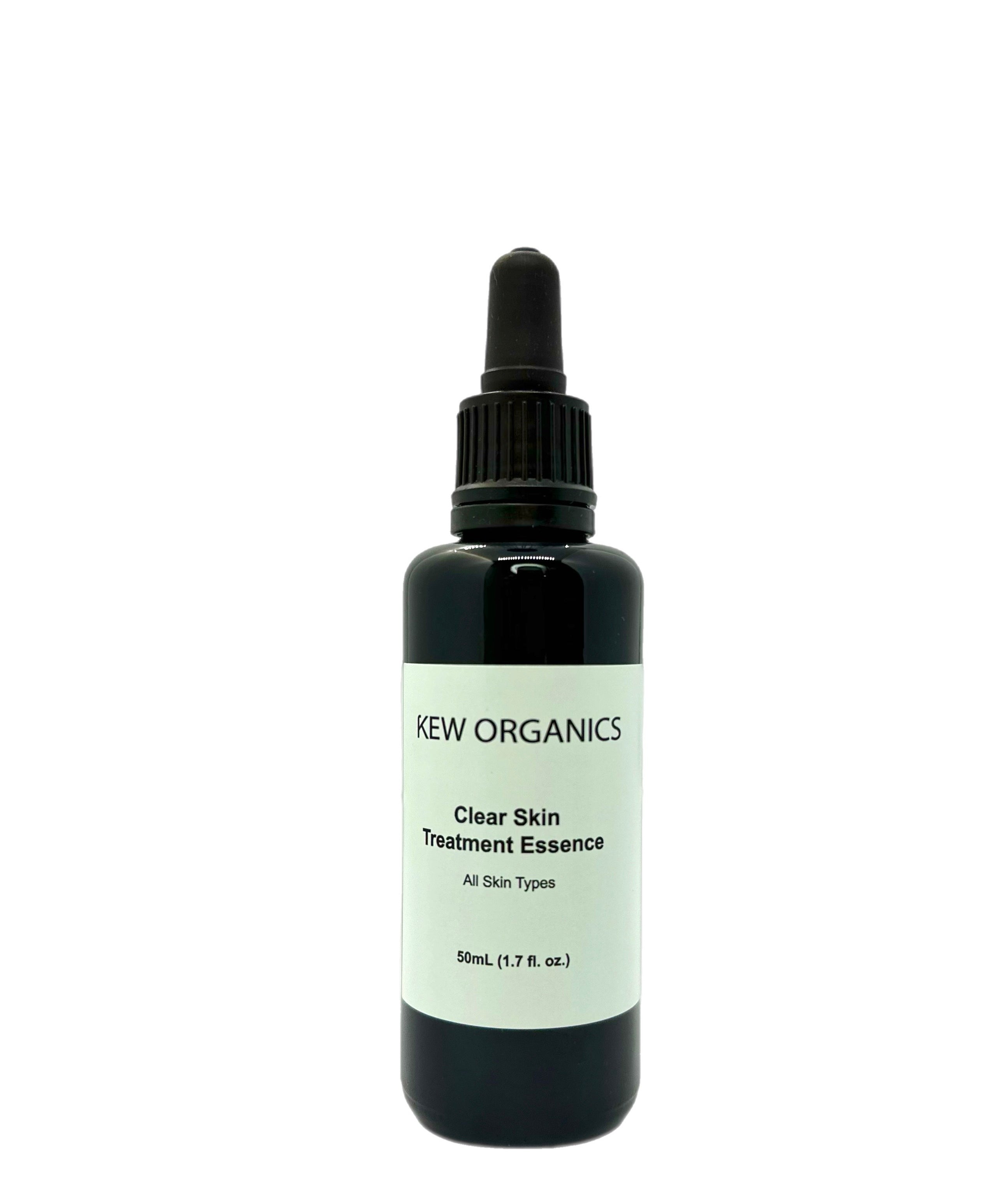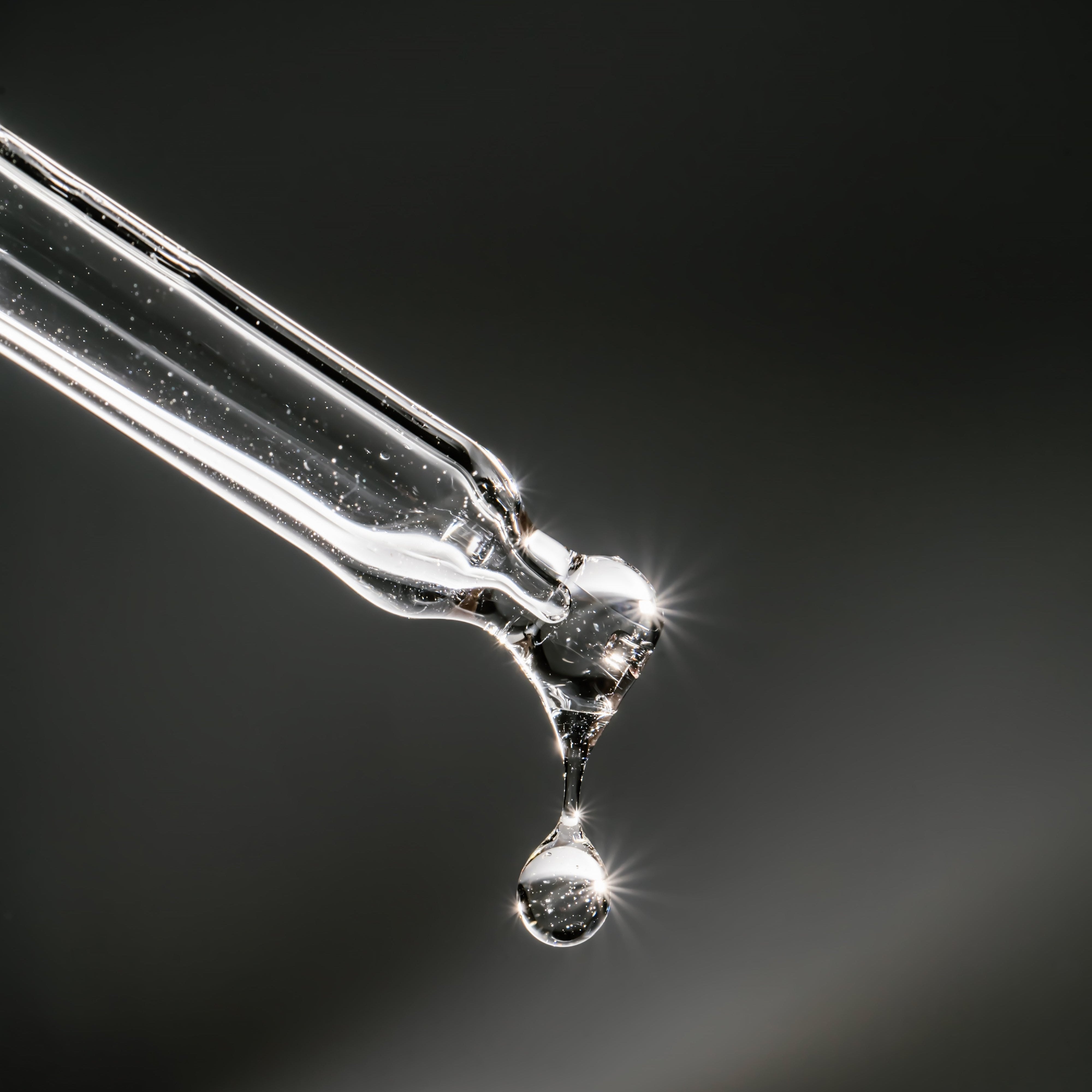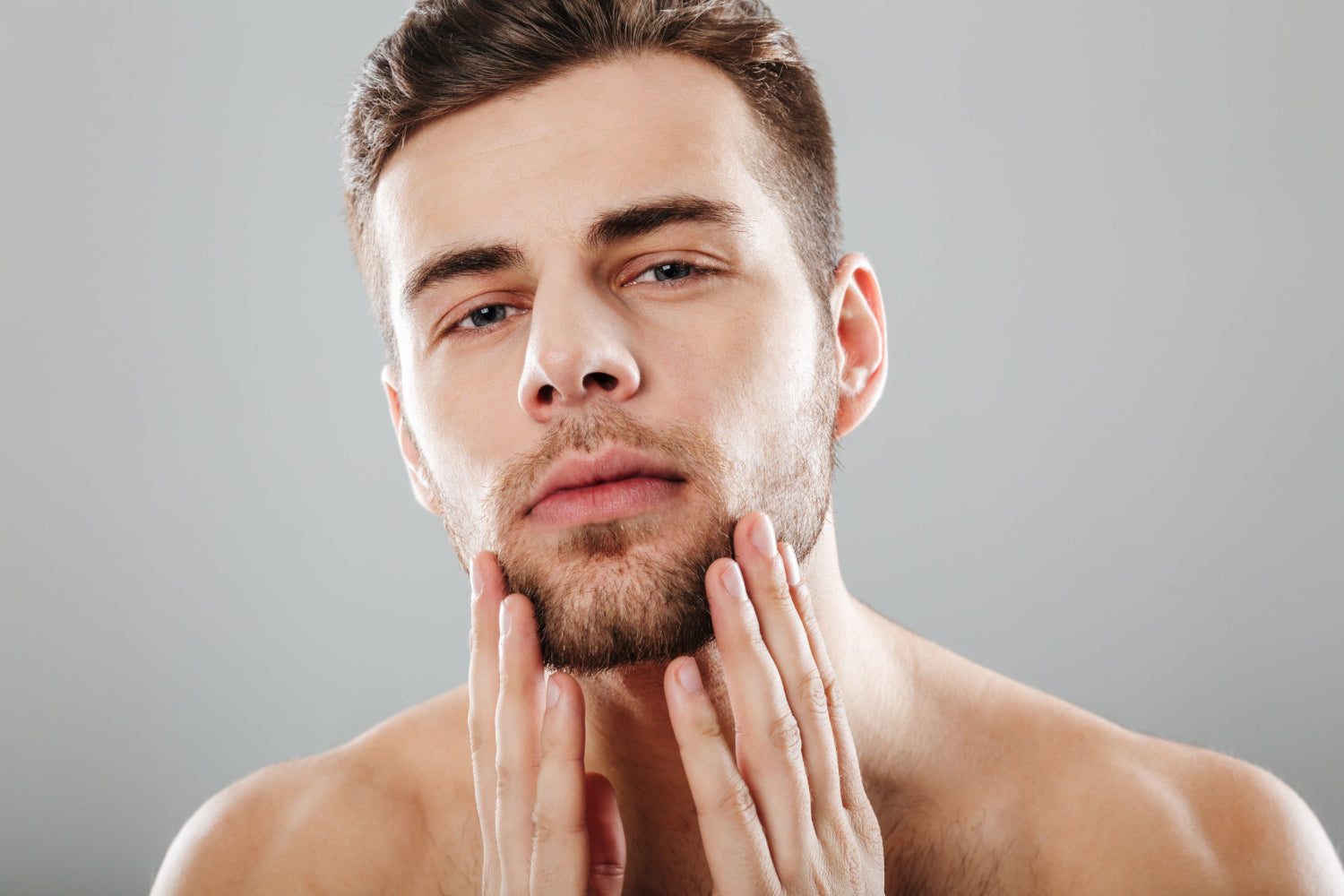Understanding PCOS and Its Effects on Skin
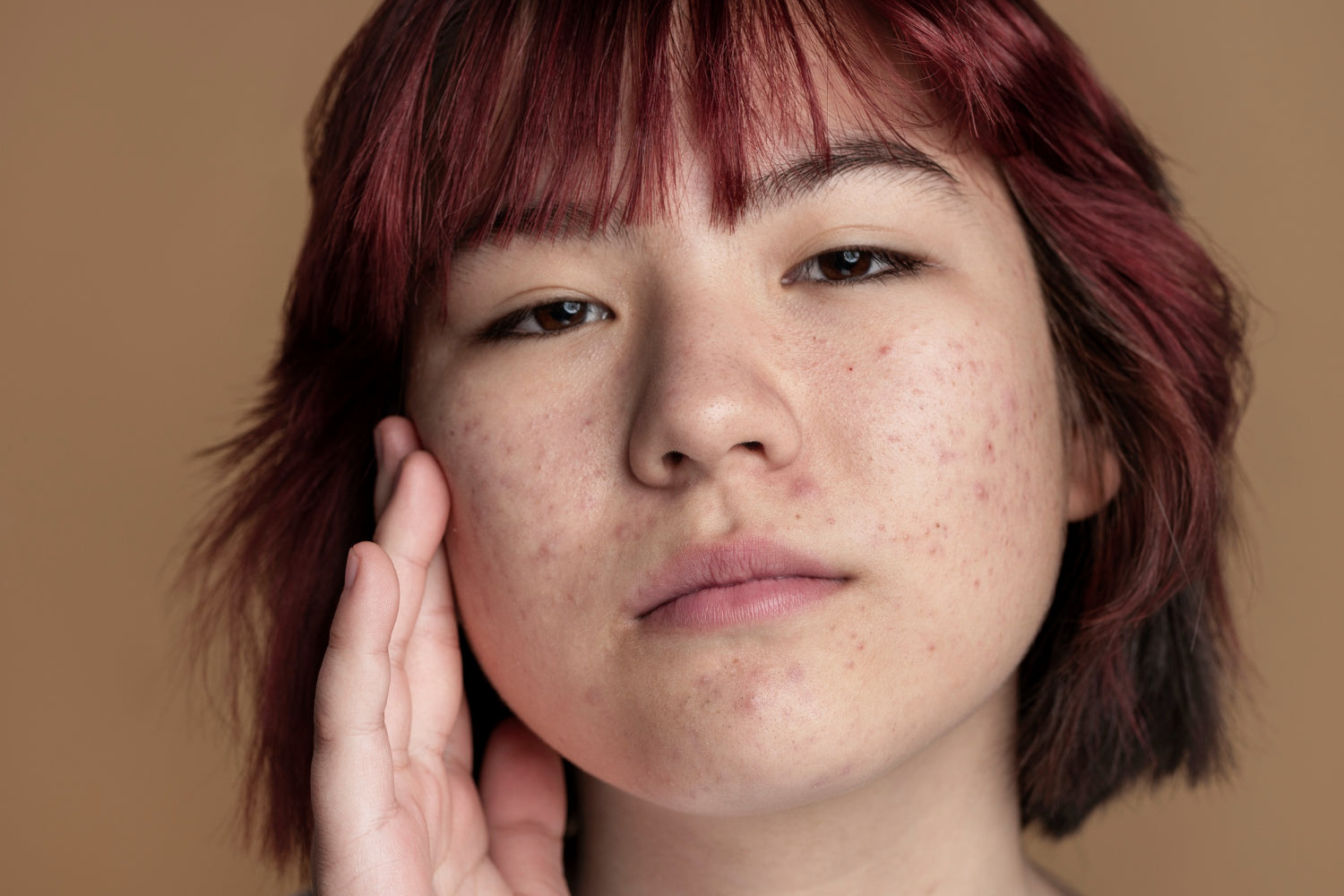
In Singapore alone, polycystic ovary syndrome or PCOS, affects about 10% of women of reproductive age. Worldwide, it affects millions. Beyond its well-known effects on reproductive health, PCOS can have a profound impact on the skin. As a brand committed to promoting natural beauty and wellness through organic skincare and taking care of ourselves from within, we believe it's crucial to shed light on PCOS and its effects on skin. In this article, we will explore PCOS, its symptoms and how it can affect the health and appearance of your skin, plus a PCOS-friendly skincare routine recommended by our founder and organic skincare expert, Lily Kew!
What is PCOS?

A symbolic depiction of the female reproductive system
PCOS is a complex hormonal disorder characterized by an imbalance of sex hormones, particularly an excess of androgens, male sex hormones that are usually present in women in small amounts. This hormonal imbalance disrupts the normal functioning of the ovaries, leading to various symptoms and complications. PCOS can manifest differently in each individual, but common features include irregular menstrual cycles, ovarian cysts, difficulty conceiving and excess body hair. Most women with PCOS also experience hormonal acne due to a heightened level of androgens in the body which stimulates the excess production of sebum.
PCOS and your skin
Often, the skin can be a window to what is occurring inside your body. In the case of PCOS, the hormonal imbalances associated with it manifest outwardly in the form of acne and acanthosis nigricans.
Acne
When there is an elevated level of androgens in the body, it can increase sebum production, leading to oily skin, clogged pores and acne. PCOS acne can look like papules, pustules, nodules and cysts and usually show up on the lower face, including the jawline and chin. Women with PCOS often note a pattern of flare-ups occurring around the time of their menstruation.
Acanthosis nigricans
Acanthosis nigricans is a condition that causes areas of dark, thick velvety skin in body folds and creases such as the armpits, groin and neck. It is caused by being insulin resistant which women with PCOS usually are since PCOS is a reproductive and metabolic disorder
A recommended skincare routine by Lily Kew
Managing PCOS, specifically its impact on skin requires a thoughtful skincare routine. Lily shares a regime that aims to help you regain control of your skin: to lower sebum production, reduce acne-causing bacteria in the skin and prevent inflammation and further formation of clogged pores.
STEP 1: Double Cleanse


As your skin is already producing excessive sebum, we want to remove the excess, but without stripping your skin of its natural moisture. Double cleanse with the Mandarin Acai Cleansing Lotion, followed by the Absolutely Youthful Hydra Cleanser.
STEP 2: Exfoliate

Use Sugar Cane Royal Flush Exfoliant to gently exfoliate excessive dead skin cells, unclog pores and remove acne marks. Do this at least once a week.
STEP 3: Toner

Spritz some Resveratrol Rooibos Anti-Oxidant Toner to combat and eliminate inflammation.
STEP 4: Serum


Use the Resurrect Synbiotic Booster to maintain a healthy skin microbiome and protect against further external stressors. Alternate with Megaboost Hyaluronic+ Concentrate Serum.
STEP 5: Moisturizer

With skin that is already on the oilier side of the spectrum, you will need something that hydrates without being too heavy on the skin. Hydrate with the Intensive Skin Renewal Gel. It is lightweight and boosts cell regeneration to heal damaged skin.
STEP 6: Eye care

Don’t forget about your eyes! Gently pat some Cacao Okra Age Defying Eye Serum on your eye area to lift, protect and hydrate.
STEP 7: Spot treatment

Tame and keep pimples at bay with the Alfalfa & Fig Spot Solution Serum. It is a gentle and non-drying formula that effectively treats acne, rids your skin of acne-causing bacteria and removes acne marks.
STEP 8: Sunscreen

The hormonal imbalances associated with PCOS can make your skin more susceptible to sun damage so using sunscreen is crucial. Get all the protection you need with the Ultra-Fluid Tinted UV Protector — it is lightweight and doesn’t clog your pores.
💡 On the move? Always have a bottle of our Deluxe Hydra Nutrient Mist with you to keep your skin hydrated!
We hope that in sharing this skincare routine, we can help, in our own way, to boost your self-confidence. But even with that said, all skin conditions are unique. If you would like an in-depth analysis of your skin and a personalized skincare regime, why not reach out to one of our skilled clean beauty gurus at 8809 0065?
References:
Acanthosis nigricans: Treatment, pictures, causes, symptoms, and more (no date) Medical News Today. Available at: https://www.medicalnewstoday.com/articles/324062#link-to-diabetes (Accessed: 07 September 2023).
Carmina, E. et al. (2022) ‘Female adult acne and Androgen excess: A report from the multidisciplinary androgen excess and PCOS committee’, Journal of the Endocrine Society, 6(3). doi:10.1210/jendso/bvac003.
Polycystic ovary syndrome: National University Hospital (no date) Diseases & Conditions. Available at: https://www.nuh.com.sg/Health-Information/Diseases-Conditions/Pages/Polycystic-Ovary-Syndrome.aspx (Accessed: 07 September 2023).
Polycystic ovary syndrome (PCOS) (2022) Johns Hopkins Medicine. Available at: https://www.hopkinsmedicine.org/health/conditions-and-diseases/polycystic-ovary-syndrome-pcos#:~:text=Polycystic%20ovary%20syndrome%20(PCOS)%20is,that%20form%20in%20the%20ovaries (Accessed: 07 September 2023).


